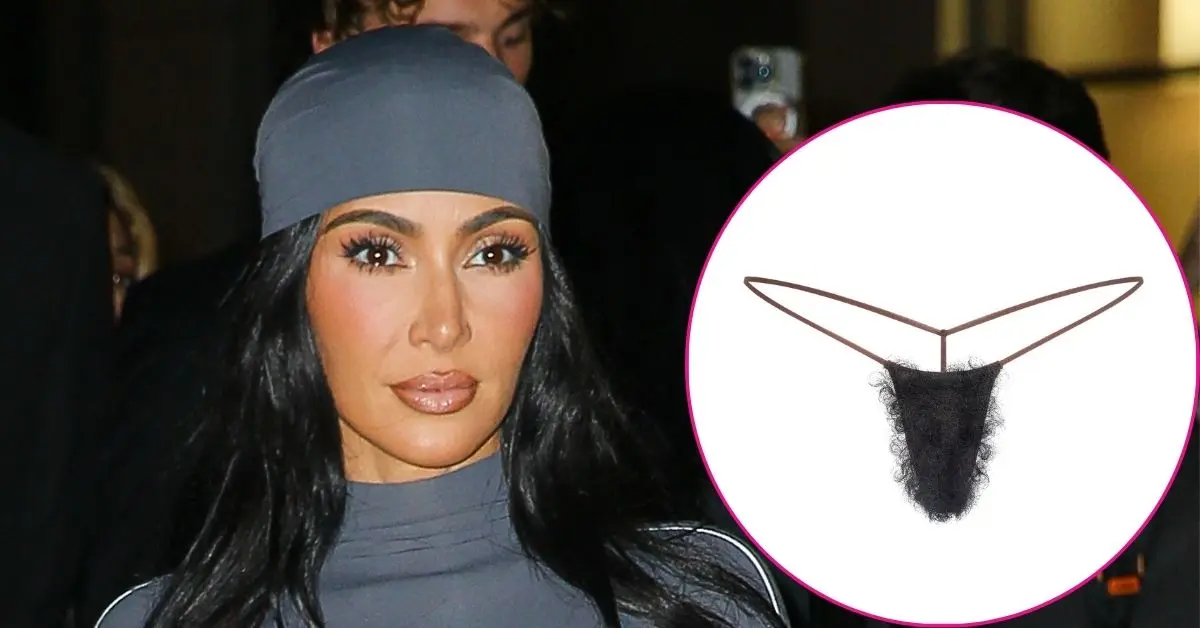In a troubling recent event, Olabisi Onabanjo University in Ogun State, Nigeria, has found itself at the center of a public backlash after viral footage showed female staff allegedly inspecting students to confirm they were wearing bras before entering examination rooms. The university has yet to issue an official statement regarding the incident, but reactions from students and advocacy groups have emerged swiftly.
A student leader defended the controversial policy as part of the institution’s dress code, which is aimed at fostering a "distraction-free environment" during exams. However, this justification has been met with significant criticism and accusations of it being an archaic measure, raising ethical concerns akin to sexual harassment. Human rights advocates have voiced strong opposition, highlighting that such physical inspections violate student dignity and could open the university up to legal ramifications. Haruna Ayagi, representing the Human Rights Network, emphasized that students possess the right to seek legal action against unwarranted bodily inspections.
Many students feel the institution's moral code is excessively stringent, particularly as it claims to maintain a non-religious stance. One anonymous student reported that checks on students’ attire are a frequent occurrence, cultivating a culture of constant scrutiny and discomfort.
In response to the surge of criticism, Muizz Olatunji, the president of the students' union, took to social media platform X to clarify the university's stance. He reiterated that the dress code policy, intended to foster respectful interactions within the academic space, has been a long-standing fixture at the university. Olatunji indicated that the union has been in talks with the university administration to find alternative methods to address concerns regarding indecent dressing, stressing the importance of dignity in interactions between students and staff.
Founded in 1982 as Ogun State University, the institution was later renamed after former governor Olabisi Onabanjo in 2001. As debates around its dress code continue, the university's actions highlight broader issues of gender rights and the balancing act between institutional policies and student freedoms.
A student leader defended the controversial policy as part of the institution’s dress code, which is aimed at fostering a "distraction-free environment" during exams. However, this justification has been met with significant criticism and accusations of it being an archaic measure, raising ethical concerns akin to sexual harassment. Human rights advocates have voiced strong opposition, highlighting that such physical inspections violate student dignity and could open the university up to legal ramifications. Haruna Ayagi, representing the Human Rights Network, emphasized that students possess the right to seek legal action against unwarranted bodily inspections.
Many students feel the institution's moral code is excessively stringent, particularly as it claims to maintain a non-religious stance. One anonymous student reported that checks on students’ attire are a frequent occurrence, cultivating a culture of constant scrutiny and discomfort.
In response to the surge of criticism, Muizz Olatunji, the president of the students' union, took to social media platform X to clarify the university's stance. He reiterated that the dress code policy, intended to foster respectful interactions within the academic space, has been a long-standing fixture at the university. Olatunji indicated that the union has been in talks with the university administration to find alternative methods to address concerns regarding indecent dressing, stressing the importance of dignity in interactions between students and staff.
Founded in 1982 as Ogun State University, the institution was later renamed after former governor Olabisi Onabanjo in 2001. As debates around its dress code continue, the university's actions highlight broader issues of gender rights and the balancing act between institutional policies and student freedoms.

















